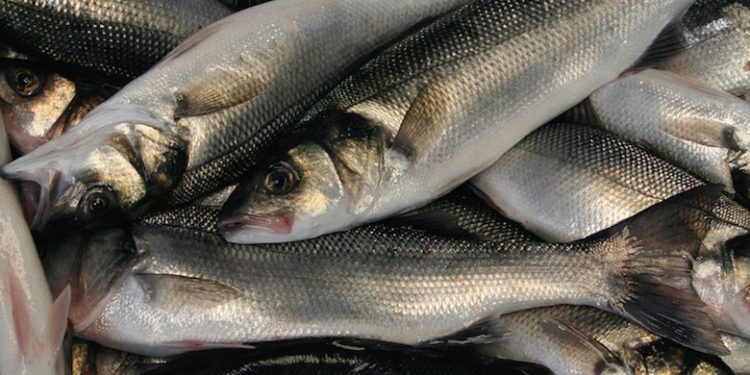The NFFO has made it clear to UK Fisheries Minister, George Eustice that the EU Commission’s proposal to extend the moratorium on fishing for bass with gill nets should be vigorously opposed. It warns that such a ban will create discards just as efforts are being made to end them.
‘Without an appropriate catch limit or viable by-catch allowance, as night follows day, this measure will result in thousands of bass discarded dead next year,’ said NFFO President, Tony Delahunty.
‘The Commission just doesn’t seem to understand that bass will be caught as by-catch in gill nets, irrespective of what measures are adopted in December. This will not help to reduce fishing mortality on bass. But it will put the spotlight on discards and discard policy. And not in a good way. This is introducing regulatory generated discards at the same time the same is being phased out in other fisheries. It lacks consistency and it lacks sanity.’
He commented that measures introduced in 2014, 2015 and 2016 have had a dramatic impact, with catches of bass having fallen significantly.
‘But rebuilding the biomass will take some time – it depends on some decent year classes coming through. This is a lesson that we learnt with North Sea cod. Steady rebuilding will get us there but avoiding discards should be a key part of the policy. Instead, the Commission has proposed a misguided and harmful measure – harmful to the fishermen who will have to discard a vitally important part of their catch and misguided because it will not affect fishing mortality one jot.’
‘Working with fishermen on spatial and temporal measures to help the avoid catching undersized bass in the first place would deliver more than headline catching bans that are not with the paper they are written on. The Commission’s blunt approach has already created a discard problem in the trawl fishery where any bass caught over 1% have to be discarded. The effective ban on landing bass from vessels using gill nets will just bring this nonsense to a new level. It will be highly damaging to the many small-scale fleets around the coast of the UK.’









